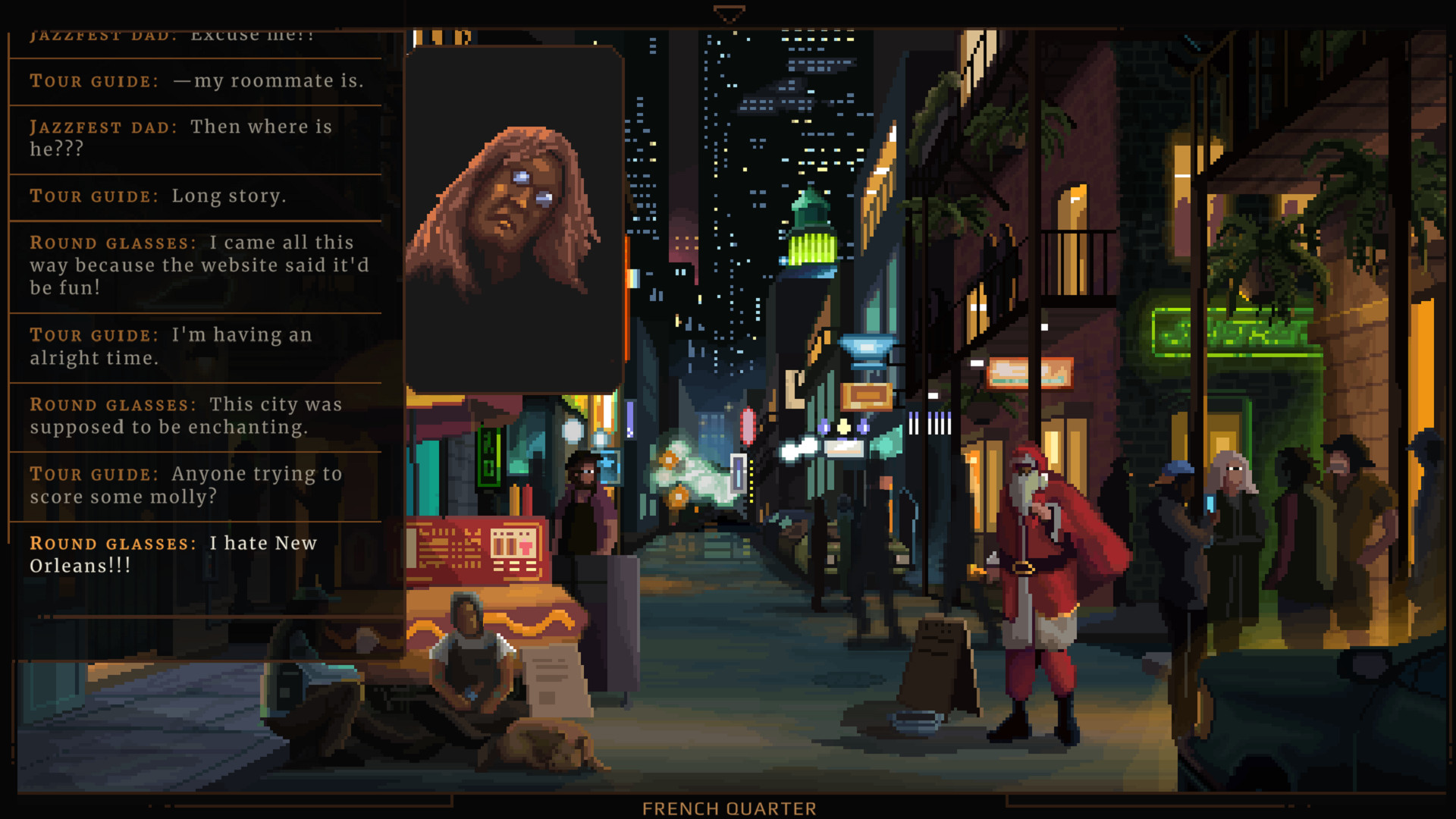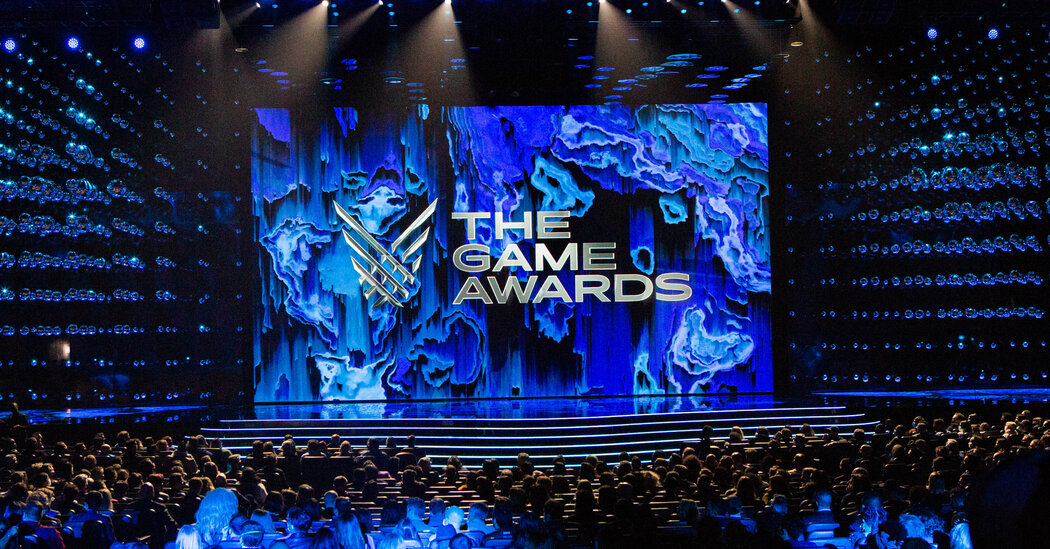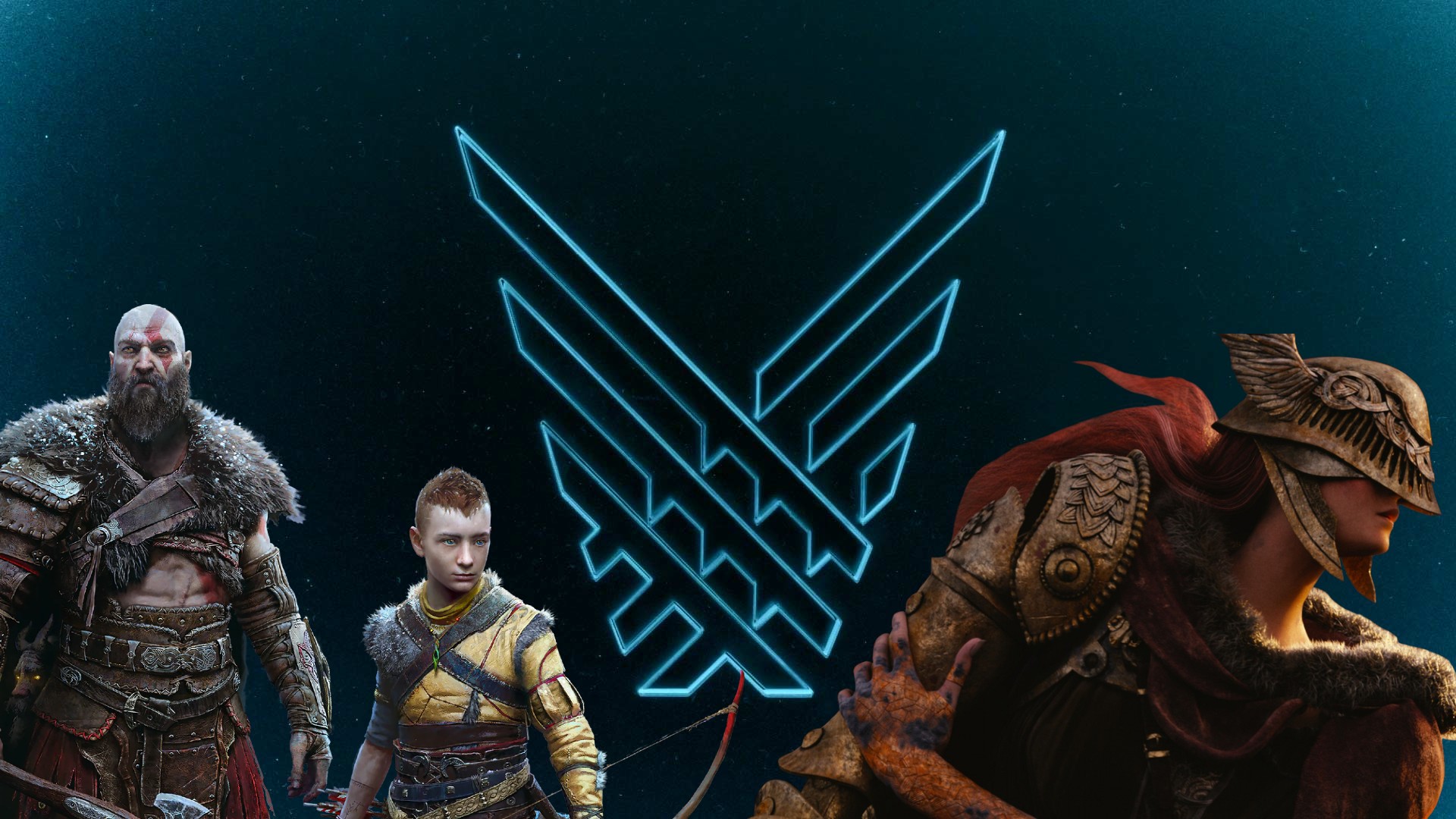This year’s Best Narrative nominees have fans buzzing
It’s that time of year again — the Game Awards nominations are finally out. As expected, the year’s biggest AAA titles like God of War Ragnarok, Elden Ring, and Horizon Forbidden West dominate in a lot of the major categories, and while it’s not controversial to assume that one of those is going to take home the grand prize of Game of the Year, it’s the Best Narrative nominations that are stirring up the Discourse this time around.
The full list of Best Narrative nominees includes Ragnarok, Elden Ring, Forbidden West, A Plague Tale: Requiem, and Immortality. It’s a reasonable-yet-predictable list, but regardless, fans are up in arms about Elden Ring and God of War in particular. There are a lot of different takes going on here, so I’ll do my best to try and break it down.
Bring on the discourse
A lot of FromSoft fans are really excited to see Elden Ring getting praise for its nonlinear, worldbuilding-focused storytelling. Many are citing that they’re used to only seeing games that are very on-rails and cutscene heavy in the Best Narrative category, so they’re glad to see some variety in the category for once. I also get the impression that a lot of the long-time Soulsborne fans see this as vindication for FromSoft’s narrative design as a whole, because while their games have become increasingly known for the quality of their lore, this would be the first time it’s being acknowledged on a large scale.
I think we hear "Best Narrative" and assume the game should be somewhat linear with a bunch of dialog driven cutscenes. "Narratives" in gaming should be judged differently, and when your world-building is as god-tier as FromSoft's, it deserves to be recognized. #gameawards
— Andy Cortez (didn't pay for the blue check) (@TheAndyCortez) November 15, 2022
Naturally, we have the reverse side, where many gamers are upset that Elden Ring was nominated for Best Narrative because its storyline — at least in a traditional sense — is so sparse within the experience of the game itself. There’s an argument floating around that if you need YouTube lore dump videos to understand the story, then maybe that’s not the best representation of the storytelling potential of the medium.
Then there’s God of War Ragnarok, the least surprising nominee for the Best Narrative category I might have ever seen. The two sides of this debate harken back to the same two sides of the narrative game debate we have every year, like some kind of age-old blood feud: either linear, cinematic games have merit as game stories, or they don’t. Some see Ragnarok as a clear example of how far video game storytelling has come, while others see it as another mindless series of cutscenes without any sort of narrative innovation.
Elden Ring for Best Narrative is truly a farce lmao
— Giovanni Colantonio (@MarioPrime) November 14, 2022
Snubs, snubs everywhere
Most of the conversation is consists of gamers giving their hot takes on the two biggest nominees in the category, but I’m honestly more concerned with the Best Narrative nominees, or more specifically, the titles that were overlooked despite being some of the best story-driven experiences of the year.
The fact that The Stanley Parable: Ultra Deluxe Edition isn’t mentioned at all is honestly criminal. The original version of the game came out in 2013, and it’s still cited as one of the best narrative games ever created. It was way ahead of its time as a biting, thoughtful commentary on games, games as art, and art in general. The Ultra Deluxe Edition was just as good — I ended up giving it a 10 in my review, and it really did feel like the next evolution of The Stanley Parable‘s pitch perfect satire of the games industry, brought forward into 2022.
NORCO, a southern gothic point-and-click adventure set in the lowlands of Louisiana, was easily one of my favorite games of the year. It’s a surreal, gorgeous romp based in tons of real-life research, and I genuinely can’t think of another game I’ve played that captures the same vibe. NORCO did get a shout-out from the Game Awards as a Best Indie Debut nominee, but I thought for sure it was going to be a contender for Best Narrative as well.

Stray is another title that’s gotten lots of love both from fans and at the Awards this year, but I think it deserved a spot in Best Narrative, too. Sure, it’s a cute little game where you play as a cat and make friends with robots, but I think it’s also one of the most hopeful and sweet stories about the end of the world that I’ve seen in a long time — and I love apocalypse fiction.
Signalis‘ absence from the Best Narrative category — or any category at the Game Awards, really — is the most heinous to me this year. It has some truly creepy, compelling worldbuilding, and uses everything from its visuals/environments, sound design, and gameplay systems to make that story all the more effective. Horror games are usually a tough pill for me to swallow, but when it came to Signalis, I absolutely did not want to put it down.
There are plenty of others that were equally as deserving of a nomination as well, I hear, that I just haven’t gotten around to playing yet, like Pentiment, Xenoblade Chronicles 3, and Citizen Sleeper.
What does “Best Narrative” really mean, anyway?
As some have pointed out, it’s hard to discern what “Best Narrative” is really supposed to entail in the first place. With categories like Best Art Design or Best Performance, it’s pretty clear what they’re awarding, even though those disciplines take just as much hard work and expertise to perfect. The thing about storytelling in games is that it can be implemented in a million different, equally valid ways, so its harder to have a baseline of comparison sometimes.
It’s not really clear whether the award is supposed to be commending the game’s story itself in terms of the quality of the narrative that is being told in the first place, or commending how that story is part of the game through its narrative design and innovations in storytelling-focused game mechanics. Stories are already so subjective to begin with, having what makes a good interactive narrative be a moving target only muddles the consensus even more.
Imagine if the biggest video game awards show had these categories instead pic.twitter.com/v1hIZxS0nm
— Tyler Glaiel (@TylerGlaiel) November 14, 2022
We don’t take the Game Awards seriously, but we also do
Regardless of the criteria, I’m of the mind that most of the categories at the Game Awards specifically are going to be dominated by the shiniest-looking AAA release of the year anyway. I feel like the Game Awards sit in this weird paradoxical space every year. No one really takes it seriously because one, it’s a meme, but two, the nominations and winners often don’t feel like a true reflection of which titles were deserving of recognition. At the same time, it’s one of the biggest gaming events of the year somehow, because I guess Geoff Keighley had enough cash and star-powered friends to throw at it that it seems to have the most legitimacy of any other game awards show? It’s bizarre if you ask me.

The current system is a mix of fan and industry votes, and the nominations are made by a “voting jury of over 100 video game media and influencer outlets.” I guess it would make sense that the most-played games of the year would make the list over some that might be more deserving just by sheer numbers alone, but if you ask me, the whole thing could be revised to better reflect players’ true feelings. I have no idea how that might be done, but I’m sure someone out there who’s smarter than me could easily figure it out.
You like what you like
It feels like a messy situation on pretty much every front, because if there’s one thing I know for certain about gamers, it’s that we can never seem to agree on anything. I frankly never took the Game Awards all that seriously to begin with, but it’s hard to deny their hold on the industry. I think for now I’ll just stick to my usual plan — watch the Game Awards out of morbid curiosity, and look to other institutions to hear about the best games of the year, like the BAFTAs, DICE Awards, or GDC Awards, for example, or even just some of the online gaming publications that I know and trust.
It’s easy to fall into the trap of taking awards too seriously, either as validation or insult, but it’s important to remind myself every so often that my enjoyment of a game is not defined by what anyone else has to say about it except for me.








